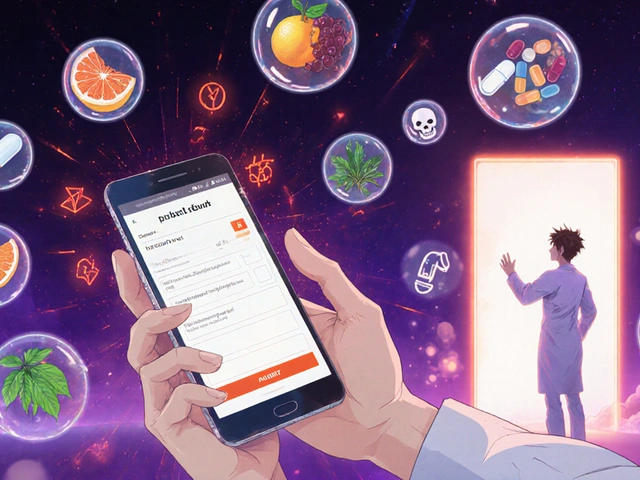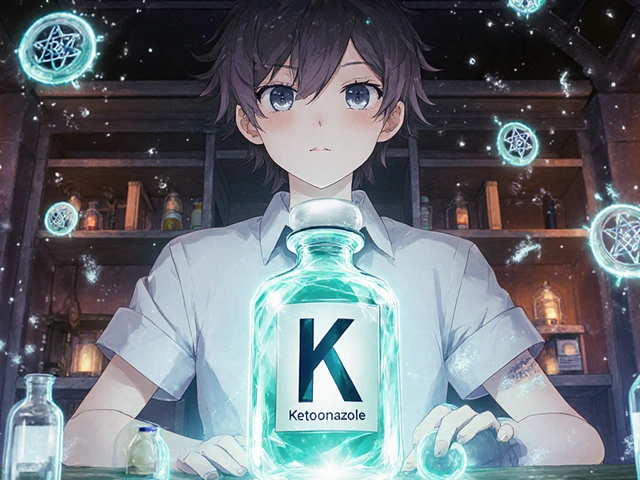Heartburn Relief: Straightforward Solutions That Actually Work
Heartburn feels like fire rising in your chest and can ruin any meal or night's sleep. If you’ve dashed to the kitchen at midnight, grabbed antacids, or sat upright on the sofa hoping it would fade, you know how desperate the search for quick relief can get. Here’s what really makes a difference when you need heartburn relief without the guesswork.
First off, let’s look at what’s happening inside. Heartburn usually means acid is creeping up from your stomach into your food pipe. This can happen after you eat spicy food, drink coffee, or just bend over after a big dinner. The burning sensation isn’t just uncomfortable—it can even start to mess with your day-to-day life if it becomes frequent.
For fast relief, over-the-counter antacids are usually your best bet. Products with calcium carbonate or magnesium knock down acid in minutes. But not all antacids are created equal. Some can cause constipation or diarrhea if you use them a lot, and others don’t mix well with certain prescriptions. Always check the label or, better yet, talk to a pharmacist if you’re unsure.
If your symptoms keep coming back more than twice a week, it might be more than just occasional heartburn. Conditions like GERD (gastroesophageal reflux disease) need a different approach. This is where medicines like famotidine or omeprazole step in. They reduce how much acid your stomach makes, which helps prevent the burn in the first place. These usually take a day or two to really kick in—so don’t expect instant relief.
Practical habits matter too. Try smaller meals, don’t lie down right after eating, and go easy on spicy or fatty foods. Even sleeping on your left side can make a difference for some people. If you’re grabbing a late-night snack or a quick coffee, be aware: both can trigger heartburn for lots of folks.
Unusual triggers pop up too. Stress, certain painkillers (like ibuprofen), and even some supplements can make matters worse. If you’re taking something new and suddenly notice heartburn, check if there’s a link—your pharmacist can help decode your meds and supplements.
Heartburn relief isn't just about stopping the burn; it's about finding what sets it off in your routine. Keeping a simple food diary helps some people spot hidden triggers—think chocolate, mint, even tomatoes for some. Start with what you eat, then tweak habits one at a time to see what works best for you.
If symptoms are severe or come with other issues like trouble swallowing, unexplained weight loss, or black stools, that’s the cue to get checked out by a doctor. There could be something more serious going on.
Don’t get stuck suffering or guessing. These practical steps and medication choices are proven, straightforward, and easy to follow for lasting heartburn relief. If you’re unsure where to start, your pharmacist is a solid first stop for advice and safe product options.
5 Solid Alternatives to Cytotec for Your Needs
Exploring alternative options to Cytotec can be beneficial, offering varied solutions depending on your specific needs. Among its alternatives, Pepcid stands out as a reliable H2 receptor antagonist, commonly employed for conditions such as heartburn and GERD. These available options vary significantly in terms of effectiveness, side effects, and ease of use. Understanding these differences can guide you toward a more suitable choice for your circumstances.
View More




